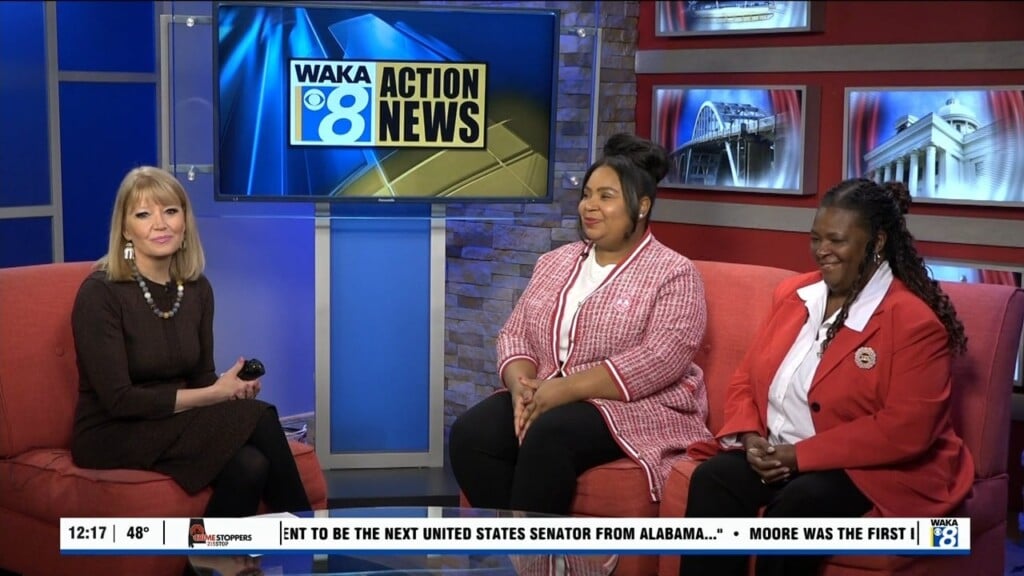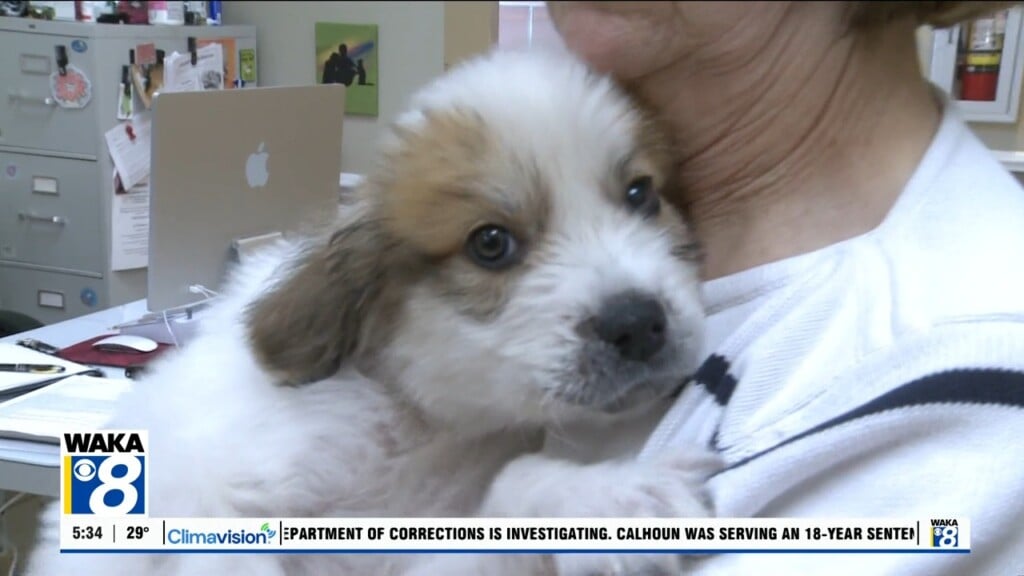Rally held at Alabama State House as people urge lawmakers to act on fertility treatments
By KIM CHANDLER Associated Press
Hannah Miles on Wednesday picked up a sign outside the Alabama State House that reflected what she was feeling: “I Just Want To Be a Mom.”
The 29-year-old from Birmingham had turned to in vitro fertilization after three years of infertility. She has one frozen embryo remaining and was scheduled to have it transferred next month in the hopes of having her first child. But whether that transfer can happen now is in doubt as fertility clinics paused some services in the wake of an Alabama Supreme Court ruling related to whether embryos are children under a state law.
“There’s no greater joy than a family, and we are all having to fight for our families,” Miles told Action 8 News outside of the Alabama State House. “I want to advocate for the protections that doctors need, that patients need. We deserve to be able to make our families any way that we can. Nobody who is here wants to be here. Nobody who does IVF wants to do IVF. We’re all here because this is our only choice.”
The Alabama Supreme Court said three couples who had frozen embryos destroyed in an accident at a storage facility in Mobile could pursue wrongful death lawsuits for their “extrauterine children.”
The ruling, treating an embryo the same as a child or gestating fetus under the wrongful death statute, raised concerns about civil liabilities for clinics. Three of the largest clinics in the state swiftly announced a pause on IVF services.
Patients have been left in limbo as lawmakers scrambled to see what they could do to restore IVF in the state.
Republican lawmakers — who faced pushback from conservative groups over any proposal that would exempt an embryo from the definition of human life — have proposed bills that would offer retroactive civil and criminal immunity to fertility clinics.
House Minority Leader Anthony Daniels, a Democrat, proposed a bill stating that a fertilized human egg or human embryo outside of a uterus “is not considered an unborn child or human being for any purpose under state law.”
Alabama justices partly based their decision on anti-abortion language voters added to the Alabama Constitution in 2018, saying it’s state policy to recognize the rights of unborn children. Advocates are concerned that IVF will become increasingly entangled in the debate over abortion.
There are at least five bills that are being proposed in the legislature right now. The bills vary in what they would accomplish. Some protect IVF providers from liability, some will make sure “any fertilized human egg or human embryo that exists outside of a human uterus is not considered an unborn child or human being.”
The bills are in varying stages of the legislative process.
(Copyright 2024. The Associated Press contributed to this report. All rights reserved. This material may not be published, broadcast, rewritten or redistributed without permission.)






